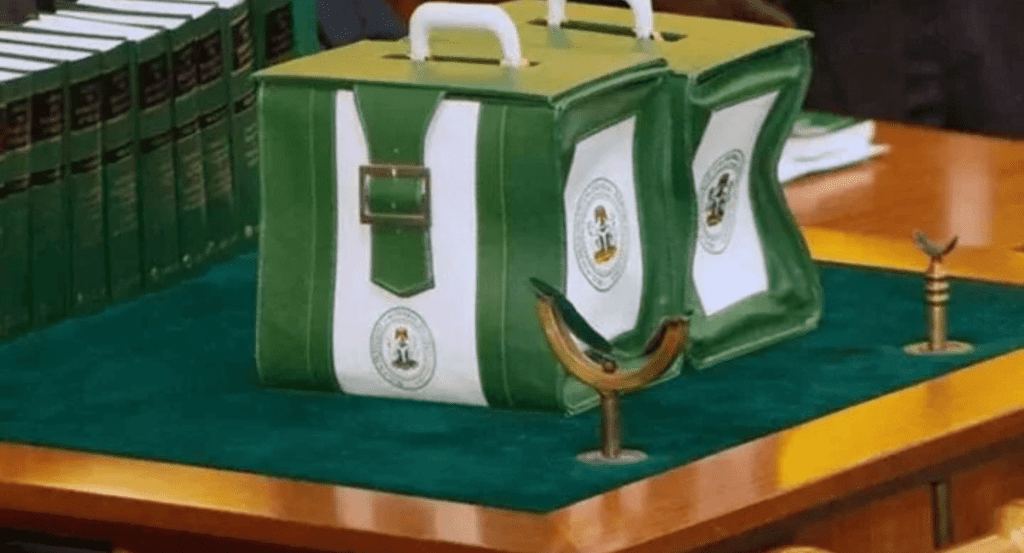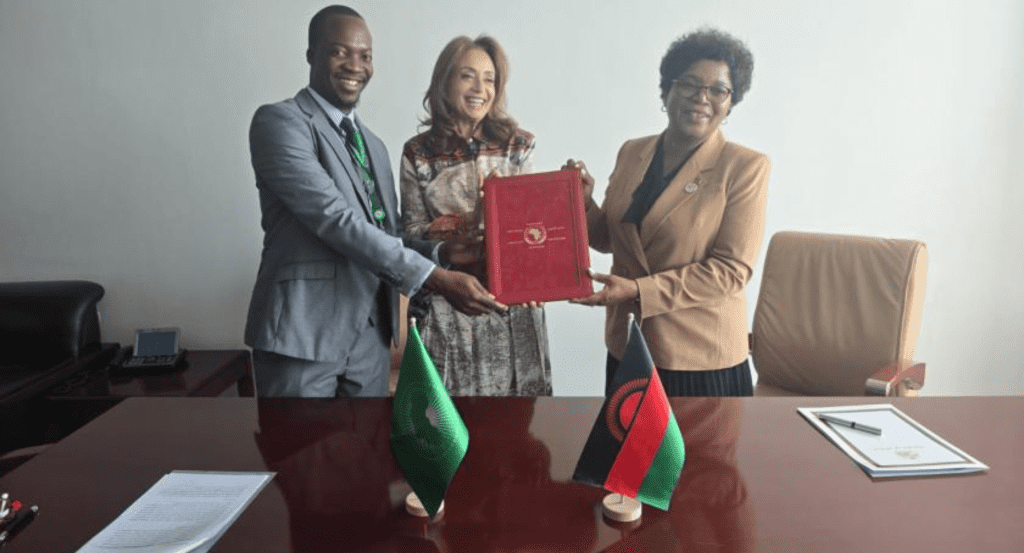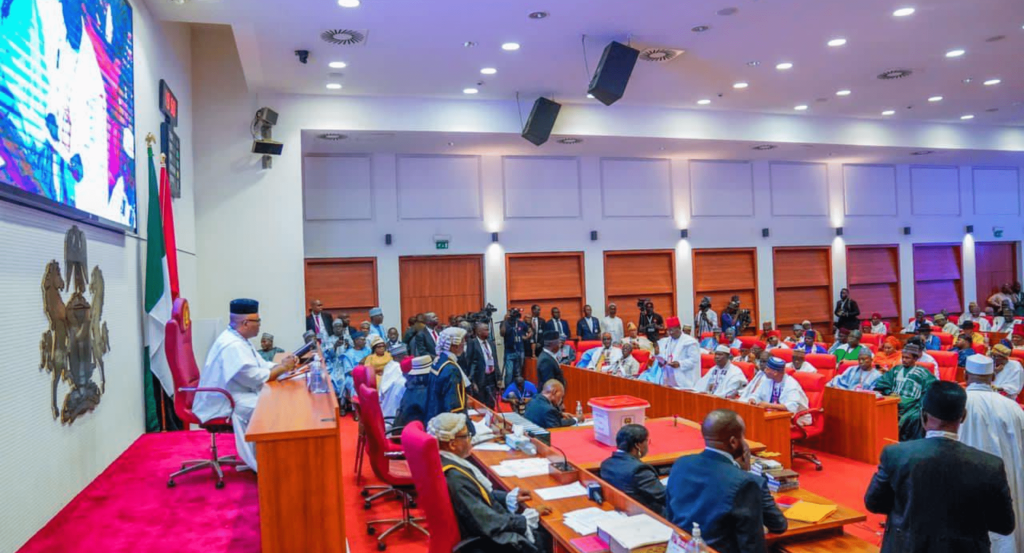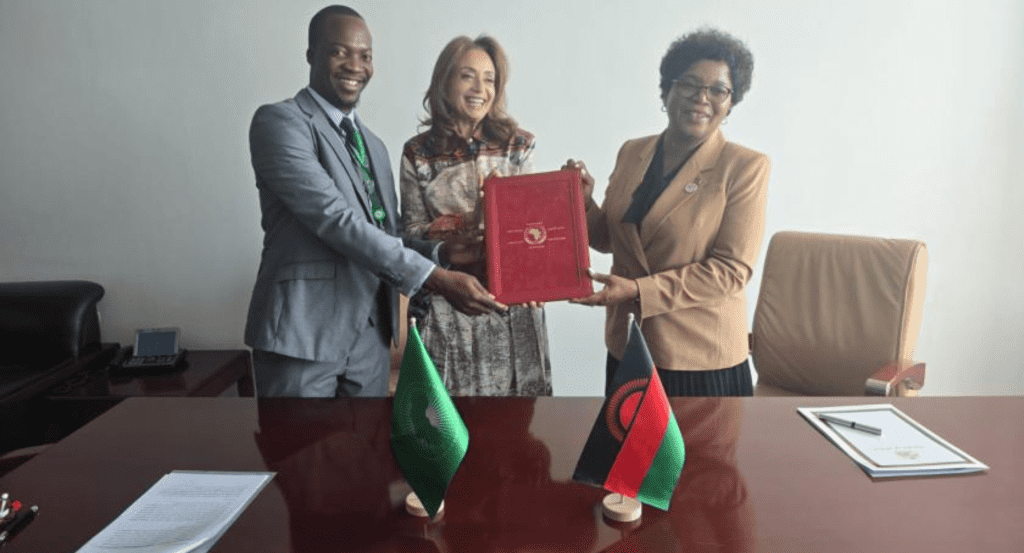President Bola Ahmed Tinubu has unveiled the 2025 budget proposal of ₦47.9 trillion, emphasizing strategic investments in security, infrastructure, and education to drive Nigeria’s development. The budget was presented at the National Assembly amidst heightened security and legislative support.
The proposal allocates ₦4.9 trillion to defense and security, highlighting the administration’s commitment to tackling insecurity. Infrastructure development received ₦4.06 trillion, with plans to accelerate ongoing projects and invest in new ones, particularly in transportation and energy. Education also remains a key focus, as the government aims to improve access and quality through enhanced funding.
Speaking at the presentation, Tinubu reiterated his administration’s “Renewed Hope” agenda, underscoring the need for fiscal reforms to stabilize the economy and address the country’s growing challenges. “This budget reflects our determination to secure Nigeria’s future, create opportunities, and foster inclusive growth,” he stated.
The Federal Executive Council’s endorsement of the budget earlier in December included a ₦13 trillion deficit, which will be financed through domestic and external borrowing. The Finance Minister, Wale Edun, justified the borrowing as necessary to sustain critical developmental programs.
During the presentation, Senate President Godswill Akpabio reaffirmed the legislature’s support for Tinubu’s administration, dismissing criticisms of recently proposed tax reforms. Akpabio argued that these reforms are essential to achieving economic stability and addressing the nation’s revenue shortfall. “Critics of the tax bills fail to understand the broader goals of these reforms,” he said.
Members of the National Assembly expressed optimism about the budget, pledging their commitment to fast-track its review and approval. Legislators from both chambers highlighted its focus on security, youth empowerment, and job creation as central to Nigeria’s progress.
The ₦47.9 trillion budget reflects Tinubu’s focus on laying a foundation for sustainable growth while addressing immediate social and economic challenges. Observers believe its success will depend on timely implementation and strict oversight.



























